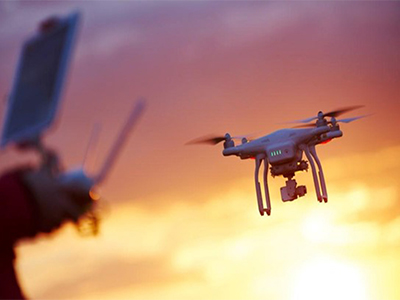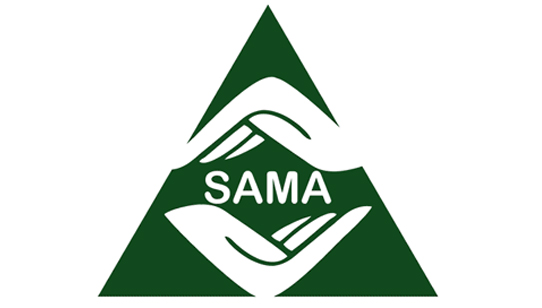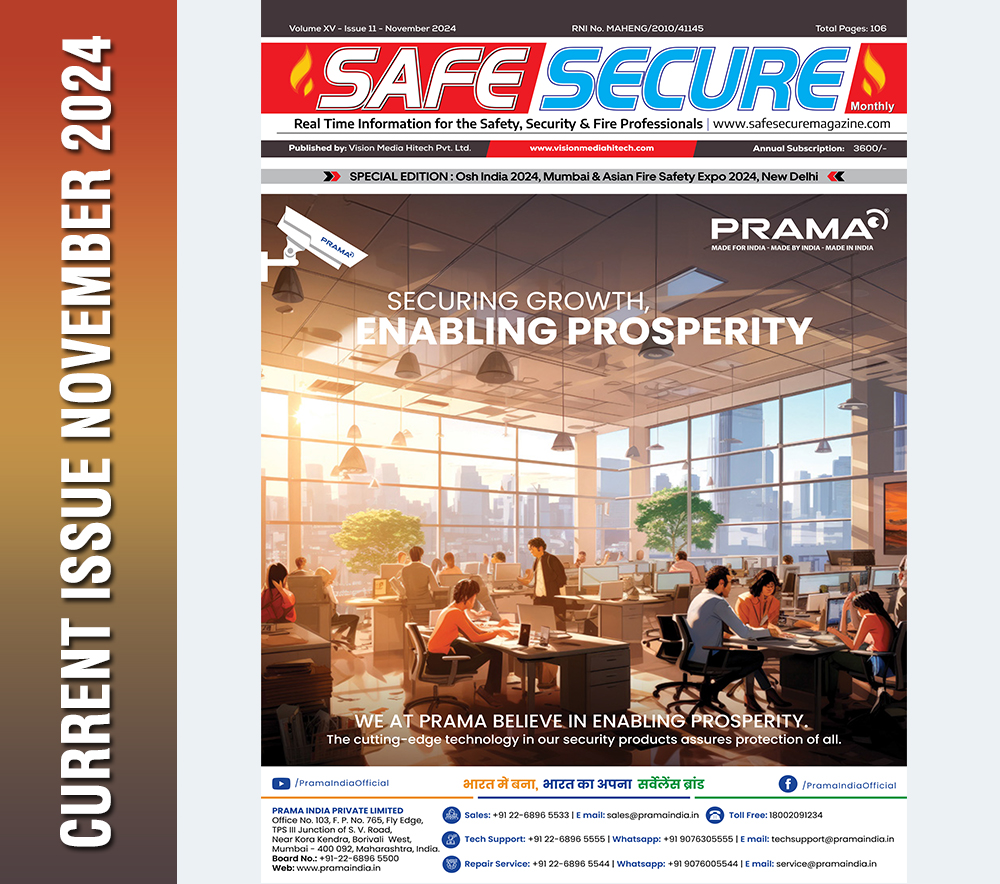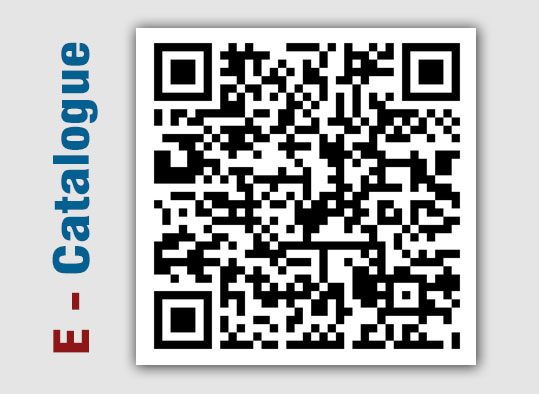How Do You Secure Your Drones Safety And Data?

Drones are amazing devices that can capture stunning aerial views, perform various tasks, and even deliver goods. But they also come with some risks, such as crashes, theft, hacking, or legal issues. How do you secure your drone's safety and data? Here are some tips to help you fly your drone with confidence and peace of mind.
✦ CHOOSE THE RIGHT DRONE
Not all drones are created equal. Some are more suitable for beginners, while others require more skills and experience. Some have more features, such as GPS, obstacle avoidance, or encryption, while others are more basic. Depending on your purpose and budget, you should choose the drone that meets your needs and expectations. You should also check the specifications and reviews of the drone before buying it, and make sure it complies with the local regulations and laws.
✦ FOLLOW THE RULES AND BEST PRACTICES
Flying a drone is not only fun, but also a responsibility. You should always follow the rules and best practices for safe and ethical drone operation. For example, you should avoid flying near airports, crowds, or restricted areas, respect the privacy of others, and keep your drone within your line of sight. You should also register your drone with the relevant authorities, and label it with your contact information. Additionally, you should update your drone's firmware and software regularly, and check the battery level, weather conditions, and flight plan before taking off.
✦ SECURE YOUR DRONE'S CONNECTION AND DATA
One of the biggest threats to your drone's safety and data is hacking. Hackers can intercept your drone's connection, take control of it, or steal your data. To prevent this, you should use a secure and encrypted connection, such as Wi-Fi Protected Access 2 (WPA2) or Virtual Private Network (VPN), and avoid public or untrusted networks. You should also use strong passwords and change them frequently, and enable features such as geo-fencing or return-to-home. Furthermore, you should backup your drone's data regularly, and delete or encrypt any sensitive or personal data.
✦ PROTECT YOUR DRONE FROM PHYSICAL DAMAGE OR THEFT
Another risk to your drone's safety and data is physical damage or theft. Drones can crash due to human error, technical failure, or environmental factors, such as wind, birds, or power lines. To protect your drone from physical damage, you should use a protective case, propeller guards, and landing gear, and avoid flying in risky or unfamiliar areas. You should also inspect your drone before and after each flight, and repair or replace any damaged parts. To protect your drone from theft, you should lock it in a secure place when not in use, and use a tracking device or app to locate it if lost or stolen.
✦ INSURE YOUR DRONE AND DATA
Finally, you should insure your drone and data in case of any accidents, losses, or liabilities. Drones can be expensive to buy and repair, and they can also cause damage to property or injury to people. Moreover, your drone's data can be valuable or confidential, and you may face legal consequences if it is compromised or misused. Therefore, you should consider getting a drone insurance policy that covers your drone's physical damage, theft, liability, and data breach. You should also read the terms and conditions carefully, and compare different options and prices.
- (This "Security Blogs" Published in September 2023 Edition)













